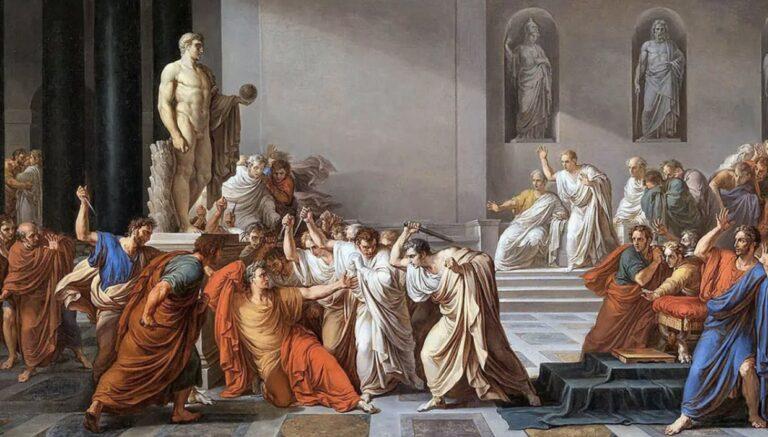Karl Marx, a 19th-century philosopher, economist, and political theorist, remains a towering figure in the history of Modern thought. The Messianistic Marx, the one used by totalitarian communist regimes tends to make his reputation problematic. The actions of some American Leftists/Progressives make Marx’s work even more dubious.
Marx must own some of the bad things that his work has inspired, however, there is another Karl Marx, one whose influence on modern writers and philosophers is multifaceted and far-reaching. His ideas have provided a foundational framework for modern critical analysis and social critique, and they continue to inform discussions about Capital, Class, and the nature of human society in the contemporary world.
The birth of Capital and the social and historical dialectical forces that create inequality and exploitation changed the way we look at the world. His analysis of the alienation of labor and the concentration of wealth still resonates today. Marx’s work encourages us to critically examine the economic systems and the pressures that shape the lives of ordinary people.
Marx’s view of Class changed our view of the world. He believed that class conflicts marked history– his insights into the dynamics of power, inequality, and social upheaval remain relevant.
Marx stressed the significance of material conditions in shaping human society. His materialist conception of history argued that economic forces and material needs were the primary drivers of historical change. This perspective encourages us to examine how economic factors influence our lives, including issues related to poverty, and access to resources.
The Frankfurt School, a group of critical theorists including Theodor Adorno, Max Horkheimer, and Herbert Marcuse, drew heavily from Marx’s ideas. They developed Critical Theory, which applied Marxist concepts to analyze culture, society, and ideology. This intellectual tradition continues to inform contemporary critical and cultural studies. Existentialist philosophers like Jean-Paul Sartre and Albert Camus argued and critically engaged with Marxism. They explored the relationship between individual freedom and societal structures, often in opposition to Marxist determinism. Sartre examined the idea of human agency within the context of Marxist thought.
Marxist feminism merges Marxist and feminist theories to analyze the intersections of class and gender. Contemporary feminist writers and philosophers, such as Bell Hooks and Silvia Federici, draw from Marxist ideas to examine how Capital, Class, and Patriarchy intersect to perpetuate gender inequality.
Modern economists and philosophers continue to engage with Marx’s economic theories, including his labor theory of value and ideas about exploitation. Scholars like Thomas Piketty and David Harvey incorporate Marxian concepts into their analyses of contemporary economic inequality and the dynamics of capital accumulation. Oddly, Marxist concepts of class and economy used to be considered the domain of the American Left–the exploits of modern Democrat policies which tend to only help the Liberal Coastal Elites are now open to withering criticism from rural conservatism; these conservatives may bristle at the thought they have anything in common with Marx, but the core of current conservative criticism is marinated in Marxist theory.
Marxist political thought remains influential in contemporary discussions of political philosophy. Writers like Antonio Negri and Michael Hardt have developed concepts such as “Empire” and “Multitude,” drawing from Marx, to analyze globalization, power, and resistance in the 21st century.
Marxist literary criticism continues to be a significant approach in the analysis of literature and culture. Scholars like Fredric Jameson have applied Marxist theory to literature, film, and cultural studies, examining how ideology and class relations are represented in art and media.
It is easy to associate Marx’s work with Lenin, Stalin, Mao, and even Castro, and in many ways, it should be. But Karl Marx’s texts are so much richer than the futile exploits of mid-20th-century Communist totalitarianism. His influence on modern writers and philosophers provided a foundational framework for contemporary critical analysis and social critique, and they continue to inform discussions about Capital, Class, and the nature of human society in the modern world.




Now... how much more will the "holding tank" version cost to purchase, how often will the holding tank need to…
I was wondering about those multiple $ewer hookup$. One of the Bean counters must have been a$leep at the $witch...
How much this time?
Edenton? Ever been? It sucks there. Anybody notice what all the places to be studied have in common? Hmmmmmm…… and…
This is a travesty in many respects. First, the fact that these animals were neglected for so long that they…